Catching up with our Conservation Scholars: Nina Jeffries
In this series, we'll periodically check in with former and current scholars on their experiences with the Scholars for Conservation Leadership Program, as well as what's next for them in their careers. Today: Nina Jeffries, 2021 scholar and fellow at the Western Reserve Land Conservancy.
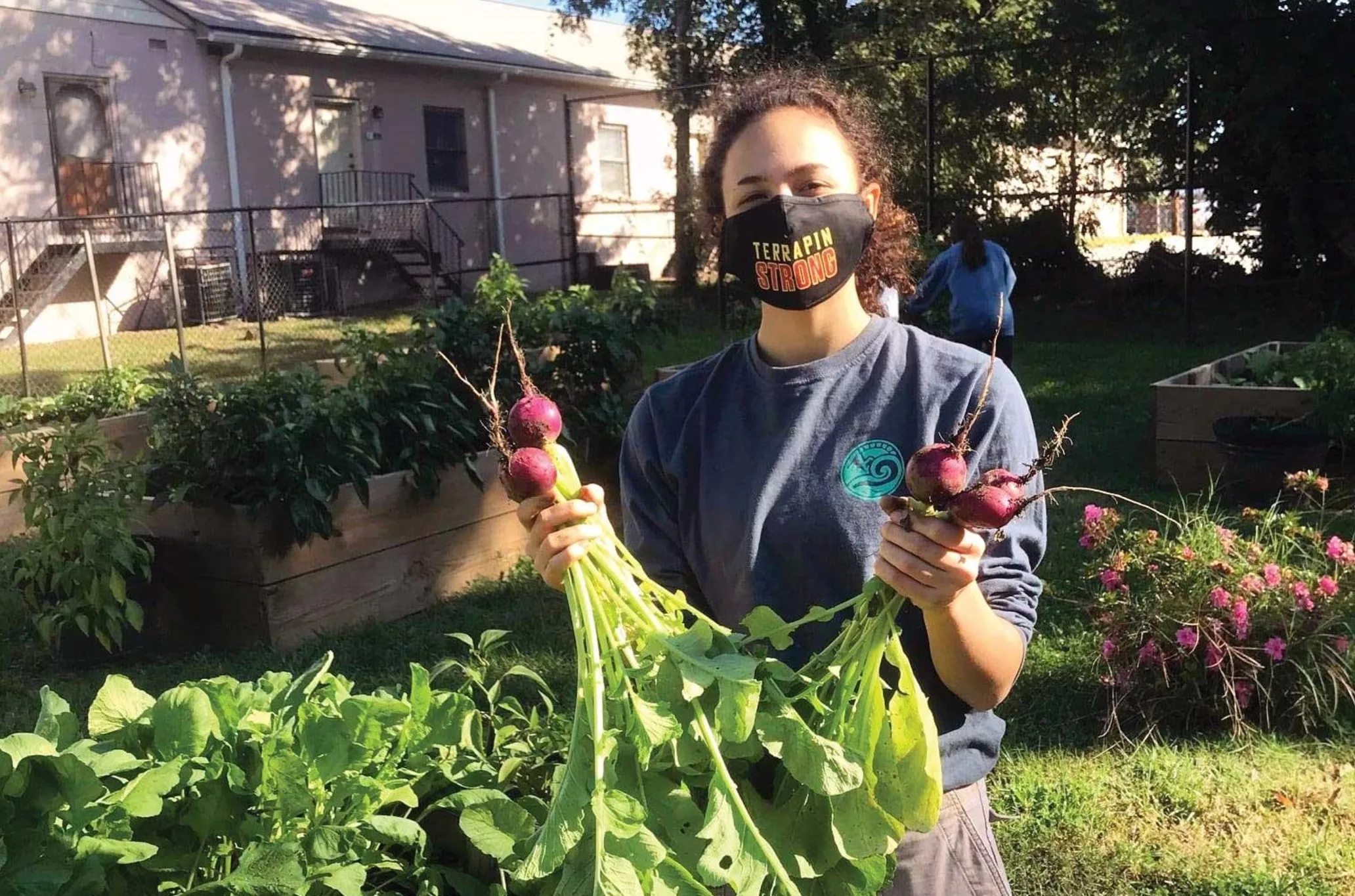
The Land Trust Alliance's Scholars for Conservation Leadership Program is a career and leadership development program designed to expand opportunities for students to pursue careers in natural resource management and conservation, with an emphasis on engaging underrepresented students and students of color. And each year, one of our scholars is selected for a paid year-long fellowship (post-graduation) with a land conservation organization to gain on-the-job experience at a critical time in their academic and early career.
In this series, we'll periodically check in with former and current scholars on their experiences with the Scholars for Conservation Leadership Program, as well as what's next for them in their careers.
Today: Nina Jeffries, 2021 scholar and current fellow at the Western Reserve Land Conservancy.
Corey Himrod: Nina, it’s so great to have you join us to share with us a little bit about yourself! Could you tell us a little bit more about Nina, your background and your family?
Nina Jeffries: My parents and younger brother influenced the values that I try to embody – compassion, patience, curiosity and integrity. Being a lifelong resident of Takoma Park, Md., I grew up with a strong sense of civic duty, belief in the power of local government and drive to create change I believe in. An awareness of how race shapes human interactions on a micro level deeply shaped my thinking about discrimination at institutional levels. My values and experiences have drawn me to a career in improving and protecting environmental and public health.
CH: When did you first become interested in climate change, natural resources and conservation? Was that interest developed over time as a student, or did you arrive at college with an idea of what you wanted to pursue?
NJ: My earliest interest in natural resources came from exploring creeks and climbing trees. When asked “what do you want to be when you grow up?” I always went with wildlife biologist or zoologist, in large part due to a summer camp that I loved at the Smithsonian Conservation Biology Institute. As I got older, the issues I was passionate about became dominated by climate change. A love of forests, waterways and their ecosystem services collided with concern for public health and anger at those responsible for climate change who continue to prevent meaningful action.
Right around the time I was applying for college, I was in an advanced placement environmental science class. The interdisciplinary nature of environmental science appealed me. The course covered the relationships between pollution, heath disparities and race — for example, the combination in lower income urban neighborhoods of fewer and lower quality green spaces mixed with a higher concentration quantity of environmental health hazards like landfills, chemical facilities and petroleum and gas infrastructure. Environmental science combined sociology, psychology, policy, history, public health and my interest in natural areas. The class revealed an outlet to do something for my growing frustration and hopelessness about climate change and the impacts of systemic racism. The course made me confident that a career in environmental science would be fulfilling and meaningful. I only applied to schools with environmental science or public policy majors, and I’ve never looked back.
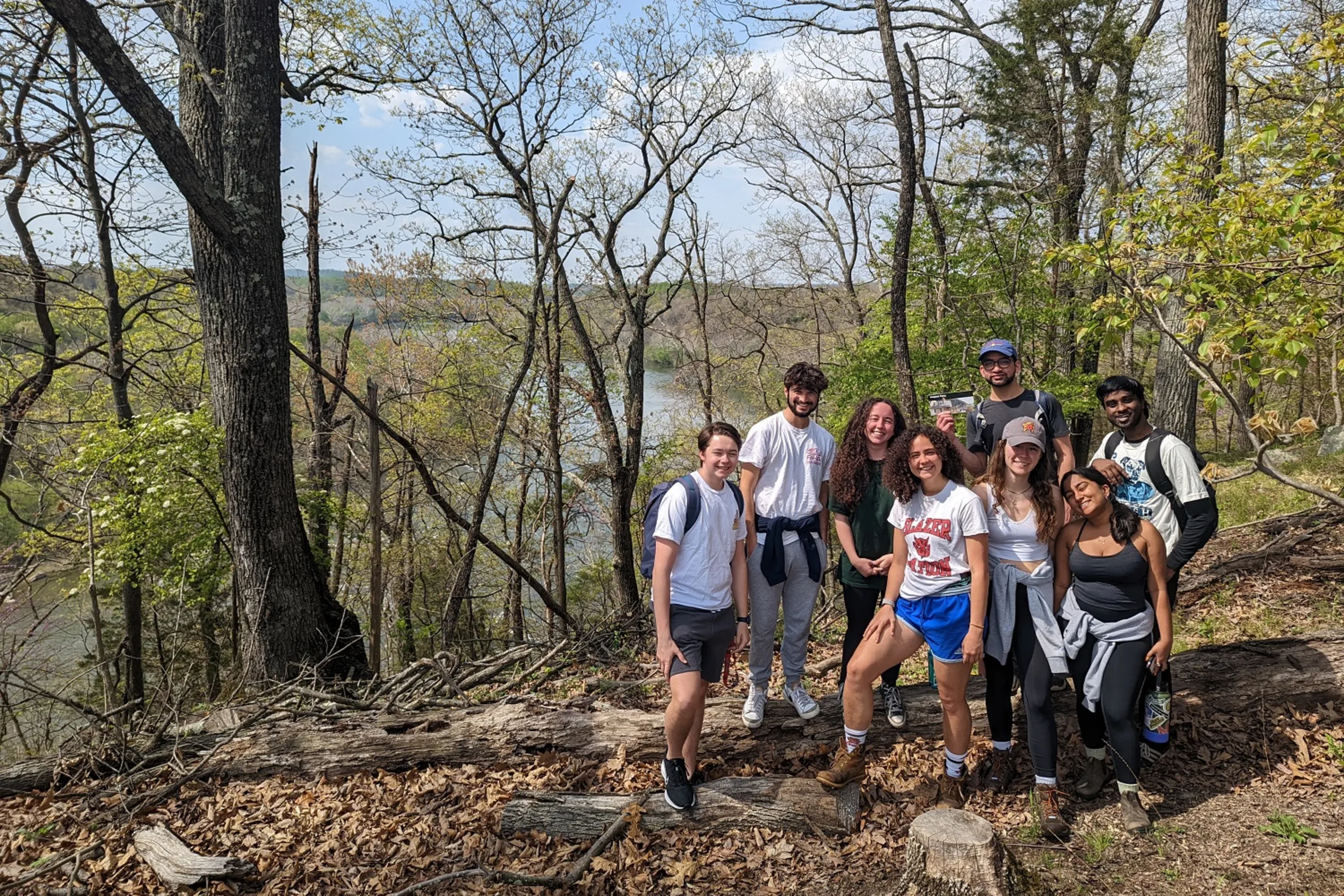
CH: You graduated from the University of Maryland in College Park in 2022 with a Bachelor of Science degree in environmental science and policy — are there specific experiences from those four years, things like internships, volunteer opportunities or events, that you will take with you as you pursue your career?
NJ: I joined a coalition of students across the state — the MaryPIRG Student Climate Action Coalition — to write a state-level climate action, economic justice and environmental education bill that was focused on our universities. As a group of college students, we researched and drafted our own bill, navigating the state legislature's complex framework while also engaging in collective decision making and student activism. In trying to get our bill passed I spoke with established environmental and public policy organizations, led students through meetings with state legislators and testified before the Maryland Genera Assembly.
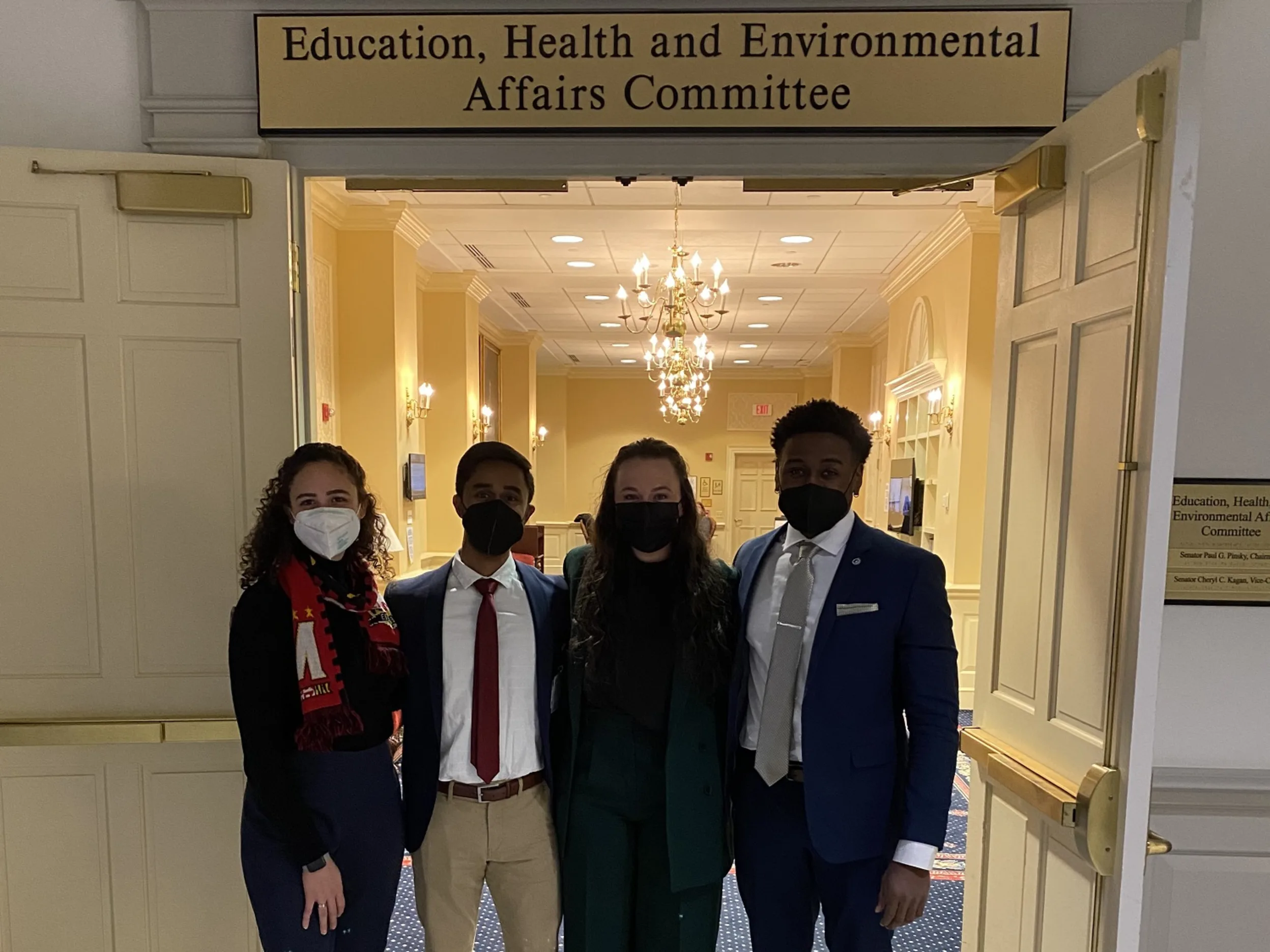
While our bill, the FUTURE Act, didn't pass, the process was empowering and gave me experience in environmental policymaking. I learned lessons I will carry forward about succession planning and managing team capacity. As I advance in my career, our work around the FUTURE Act reminds me of the power and determination of youth climate activism, and how important it is to think creatively and consequentially.
The most formative academic experience for my career path came from an environmental law course that served as the catalyst for my interest in law as a career. Through reading cases and discussing the legal system I learned that environmental law, by nature, requires creative and novel thinking about existing legal frameworks to address growing environmental problems, like climate change. As a result of the course, I see practicing law as the best way to make a meaningful and long-lasting impact toward achieving greater environmental and human health.
CH: How did you hear about the Scholars for Conservation Leadership Program and what would you tell students out there that are considering applying?
NJ: I found the Scholars for Conservation Leadership program by chance after it was shared through a listserv for my major. I would encourage students to apply. It was valuable for me to learn about land trusts and related fields like forestry and wildlife management, and I hope that other students would have the same experience. Land trusts are unique organizations whose work is consequential for conservation of natural areas, creating public and equitable access to land, and mitigating climate change through preserving and restoring biological systems. The scholars program provides a unique opportunity to connect with these organizations and learn more about what they do.
CH: Why is it so important that land trusts focus not just on open spaces and agricultural land, but also issues like urban farming, urban forestry and climate and environmental justice?
NJ: Conservation viewed solely through the lens of already “wild” spaces like refuges or national parks fails to include protecting human health in the field of conservation. Civil rights organizations, Indigenous groups and farm workers have been fighting for the recognition and removal of environmental hazards for decades under the environmental justice movement. The conservation movement has intentionally excluded the environmental justice movement from its traditional work. While combating climate change, there’s opportunity to ensure those that created the problem are held accountable, to prevent further environmental harms from being distributed disproportionately and to address legacies of injustice. Supporting urban farming and forestry can be one way that the conservation movement can address exclusion and disinvestment in equity and access.
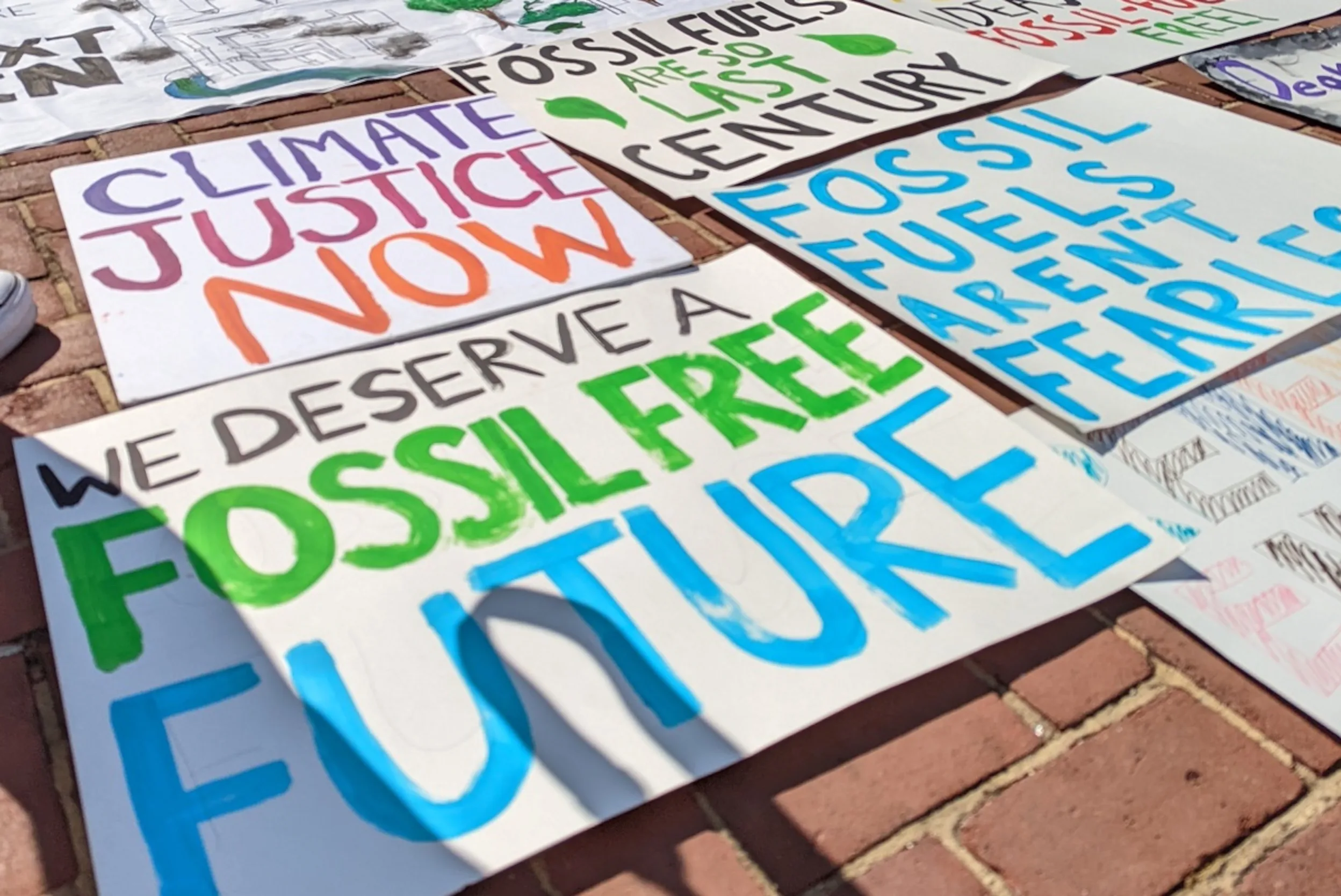
For more context and background, the widely cited article “Environmentalism’s Racist History” is a good place to start. For more in-depth reading, I enjoyed and recommend Dr. Dorceta Taylor’s book "The Rise of the American Conservation Movement." Dr. Taylor was a keynote speaker at Rally 2021.
CH: In July you began your one-year Scholars for Conservation fellowship with the Western Reserve Land Conservancy in Cleveland, Ohio. How has that experience been so far, and do you have plans for what you want to do when it ends next summer?
NJ: I am enjoying my fellowship experience at the Western Reserve Land Conservancy. When I applied for the fellowship, I wanted to better understand traditional land trust activities and engage in justice-centered approaches to conservation work. I spend time researching property history, vacant land policy and engaging with community stakeholders to support community gardens, urban farms and memorial gardens. Through these activities I am accomplishing those goals.
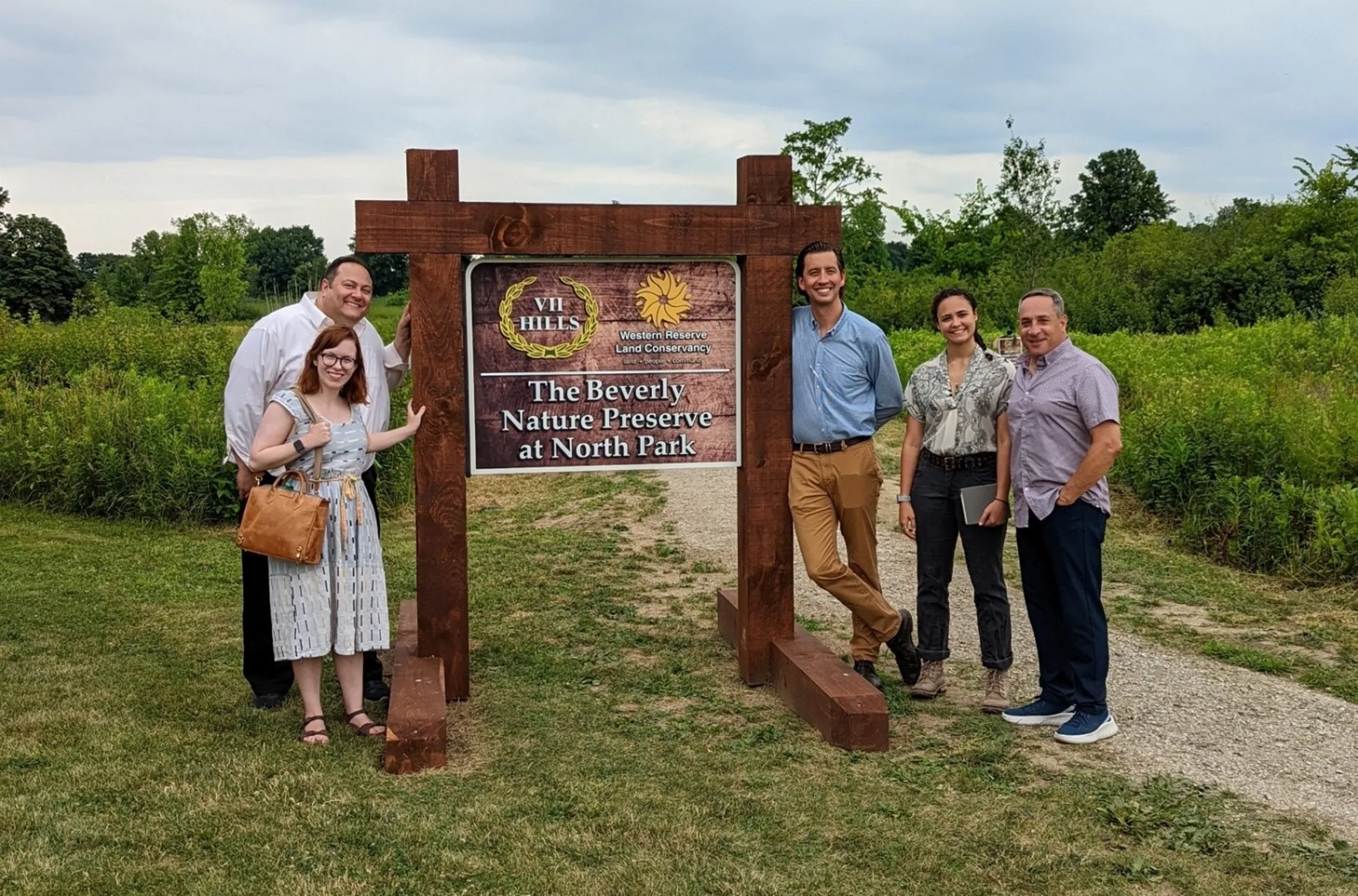
Following the fellowship, I will start law school in North Carolina. I will study some mix of environmental, agricultural, energy, and natural resources law. I will carry my fellowship experience learning about land security, public policy, and community-centered design into my law career.
CH: You attended Rally 2022: The National Land Conservation Conference, held in New Orleans, Louisiana. What was that experience like?
NJ: Rally was the first large professional conference I have attended. The workshops and sessions were informative and relevant to my interests, and there were great opportunities to network. The most engaging sessions I attended involved carbon offsets and heir’s property. The experience that stood out to me the most was a tour I attended, “New Orleans and the History of Water, Resilience and Environmental Justice” led by the Water Collaborative. This tour provided a unique framework for thinking about Southeast Louisiana and environmental injustices that I will now be able to apply to my work in other areas.
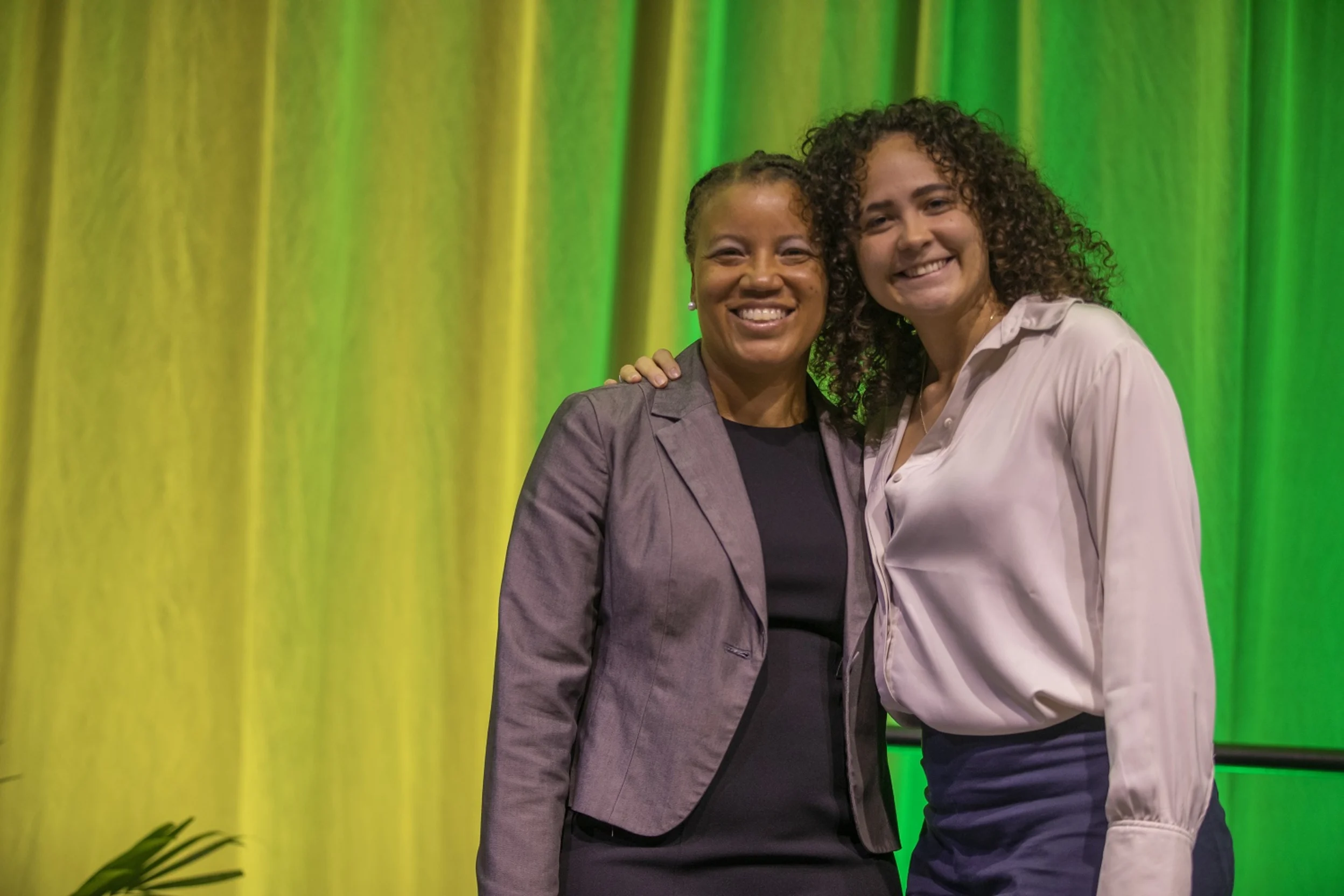
I came away from Rally with a renewed appreciation for professional conferences and would recommend Rally and similar events to those interested in learning more about this field.
CH: Look into your crystal ball and help us finish this sentence: In ten years, Nina Jeffries will be ___________.
NJ: I'll be a strong mentor, board member of a land trust, and establishing a career in novel approaches to environmental law.